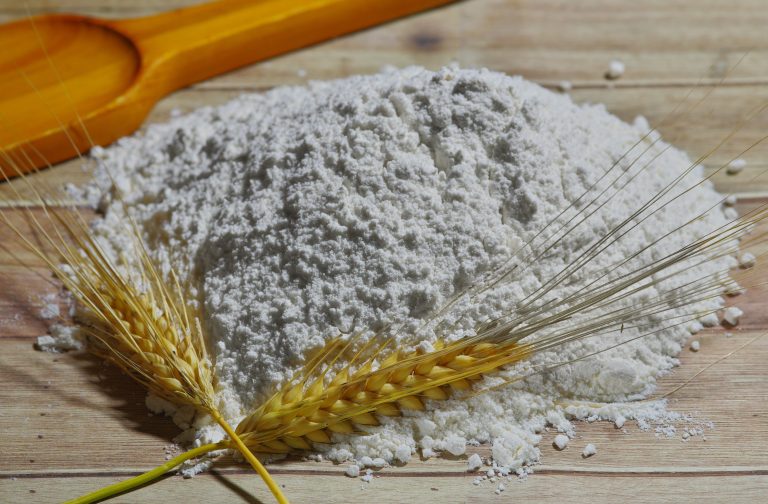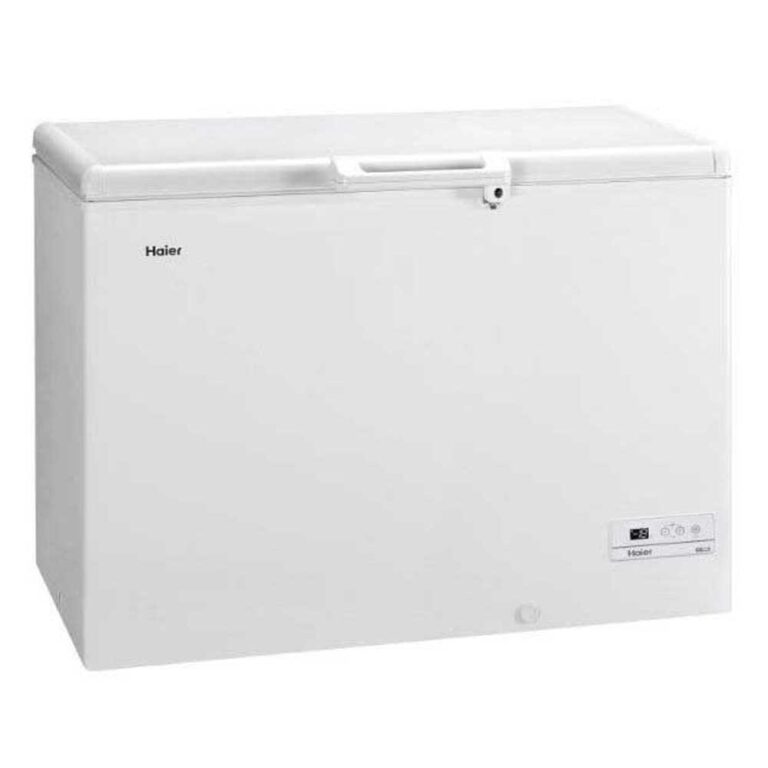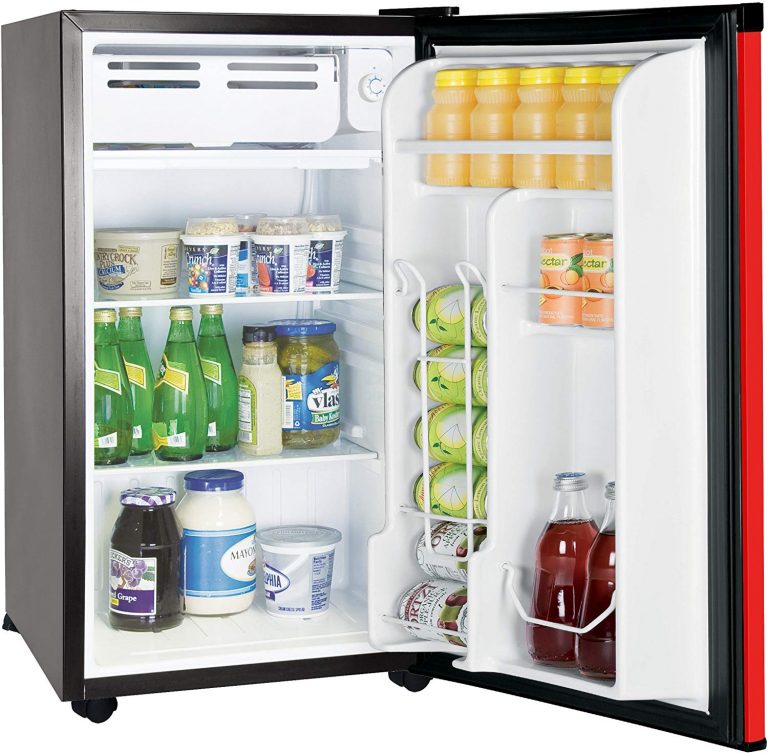Can Weed Killer Go Bad If Frozen?
One of the easiest and fastest ways to get rid of plants in your yard is to use weed killer.
Purchase them, use them, and store the rest for later. We’ve researched to find out if your leftover weed killer will survive winter.
Weed killer doesn’t go bad after freezing. It’s not affected by low temperatures. The ingredients can separate in liquid forms.
Some formulas become unsuitable for use when that happens, while others can be thawed, shaken, and reused.
The liquid expands when it’s cold and you risk the container breaking.
If you know that it might not be a good idea to let your weed killer freeze, we’ll give you tips on how to properly store it and answer questions about different herbicides.
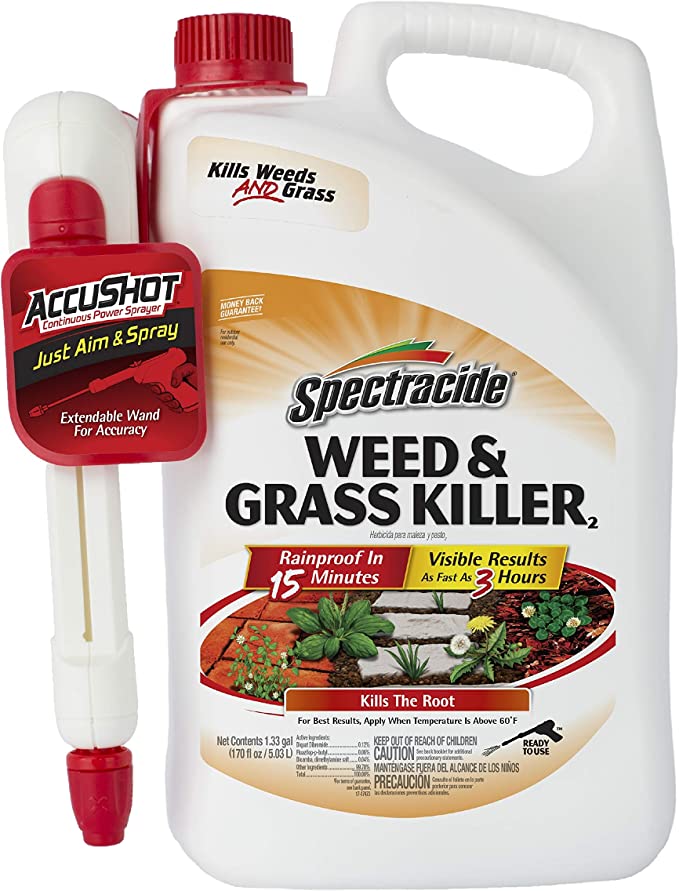
Table of Contents
How Can I Properly Store Weed Killer?
Proper storage is part of the responsibility of using a weed killer.
The environment is protected from potentially harmful chemicals when you put your herbicides in the correct place.
It protects your product from the elements that can degrade it or cause it to be less effective.
Keep in mind the following when deciding where to store your weed killer.
Read the Label on Your Herbicide
Different brands have different formulas for herbicides. They tend to have different instructions when it comes to storing things.
As per the EPA guidelines, all herbicides should have their storage information written on the bottle or label, so you should make sure to read those carefully and follow them.
Watch out for Temperature Changes
The temperature range for liquid herbicide storage is from 40 to 100 degrees. It’s always a good idea to check the product’s temperature thresholds on different brands.
A weed killer can be affected by both heat and freezing temperatures. If its container isn’t closed well, your weed killer can evaporate when it’s too hot.
When exposed to open flame, it produces volatile gasses that can cause fires. freezing temperatures cause the active ingredients in liquid herbicides to separate and crystalize.
The formula might no longer work when this happens. You can fix the problem by leaving the weed killer in a warm area for several days and occasionally shaking the container.
You should not use some of the formulas that might not go back to their original consistency. The liquid in the weed killer can expand and break if the temperature is cold.
If you want to avoid this problem, try to not buy excess herbicides. You won’t need to store them over the winter, and there will be fewer products that will break.
They are not affected by temperatures like their liquid counterparts, but they are prone to hardening if moisture gets into the packaging.
These formulas are not as effective if they become moist and hard.
Choose Your Herbicide’s Storage Space
If you want to avoid fire or flooding, choose a place that isn’t likely to be exposed to it.
The chemicals in the weed killer can be toxic and volatile, so putting them in a location that is exposed to those conditions will be dangerous.
Next, choose a place that is far away from a body of water. The ground can be affected by leaks in the bottle, and the chemicals can get into the water.
You should have a weed killer that is at least 200 feet from any body of water. They should be stored away from pets or children.
They shouldn’t be kept in cabinets near food or medical supplies. They should be locked up in a locked cabinet in a shed or storage area outside of the home.
A clear label or sign should be posted near the storage area on the concrete floor. Store dry products above liquid ones to avoid mixing if there is a leak.
It is always a good idea to check the packaging for leaks, cracks, or tears.
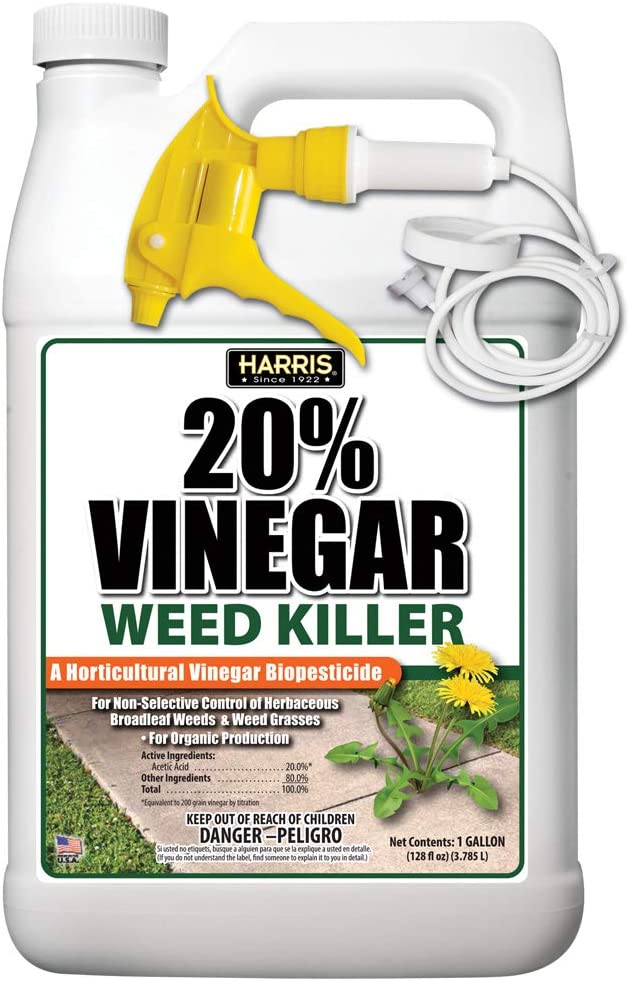
How Long Will a Weed Killer Last Inside the Bottle?
Some herbicides don’t have an expired date on their bottle. This doesn’t mean that they aren’t still valid.
Some sources say that an herbicide is only effective for less than 3 years, while others say that it is effective for up to 5 years with proper storage.
After 2 years, some manufacturers recommend that you discard unused weed killers.
If your product doesn’t have an expiration date, you should write the date of purchase and the day you open it on the package.
You can get an estimate as to how long the product has been open by checking if it’s still usable.
If a product begins to smell different, or if you don’t know how long it has been in use, throw it out.
Is It Possible That Roundup To Go Bad If It Freezes?
When it is frozen, it does not go bad. Its main ingredient is a pesticide. Glyphosate has a low freezing point, and unlike other active ingredients, it doesn’t coagulate.
It should still be effective if it is thawed and returned to its original state.
Is It Possible That Freezing Affects 2,4-D?
The labels on 2, 4 D products state that freezing does not affect the product’s performance. The product must be transferred to a warm place if it is frozen.
Shake the container before use to redissolve the product.
You can use it again once it’s thawed and redissolved. Store the product in an area with a temperature that doesn’t go below 25 degrees Fahrenheit.
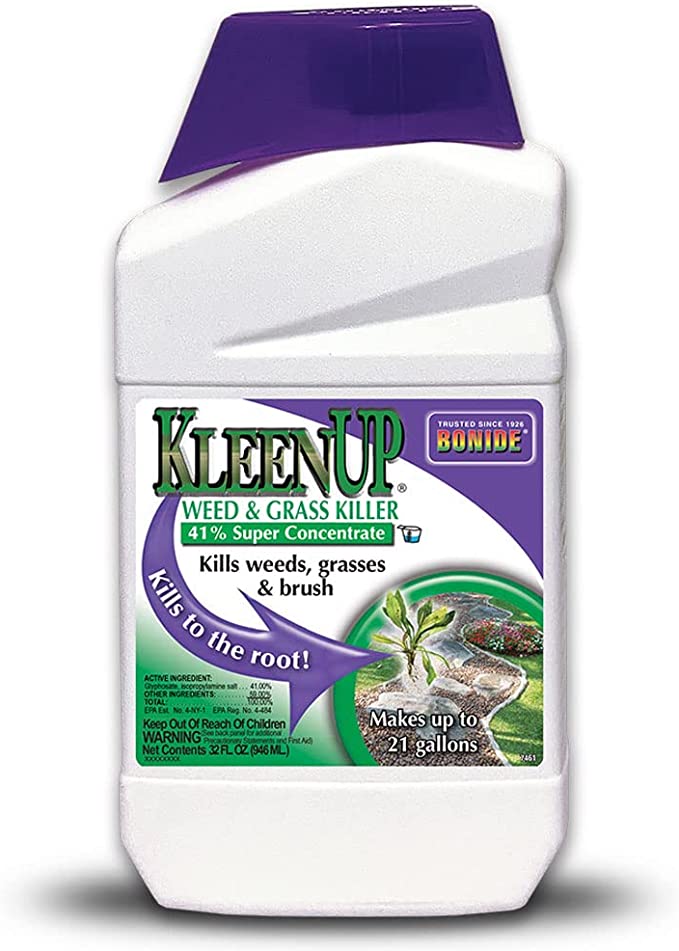
Can Weed B Gon Freeze?
The mixture can be frozen, but the label warns against doing so.
If your product is frozen after winter and exposed to other temperature extremes, you should discard it and buy a new bottle.
What Happens When Weed B Gon Freezes?
2, 4 D, mecoprop p, and dicamba are active ingredients in Weed B Gon. If 2, 4 D freeze, there is no problem, but mecoprop p is to be kept from freezing.
It’s important to have three different freezing points for having three different active ingredients.
It is possible that these three ingredients can be separated from their emulsifiers.
Conclusion
If you know how to properly store your weed killer, it will last you a long while.
To make sure that the product’s formula or effectiveness doesn’t change, always check the label to make sure that the temperature is between 40 and 100 degrees Fahrenheit.
Keep your herbicides away from children and animals by keeping them separately in a locked, well-ventilated, and marked cabinet.
It’s a good idea to keep them somewhere far from the bodies of water. It’s a good idea to check the product’s container for leaks.
Store it in a room with a concrete floor so that if there are any leaks, it doesn’t reach the ground.

Foodie and a passionate cook, I am here to share all of what I know about cooking, kitchen, and food prepping.
Follow me for delicious and healthy recipes.

